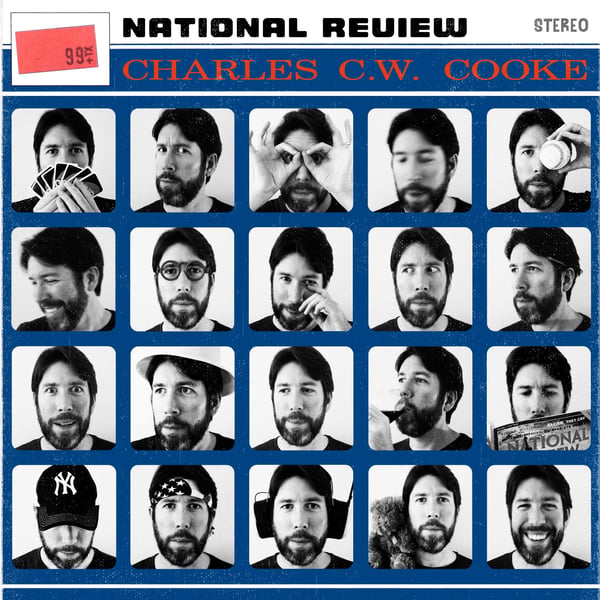Episode 55: The Ghosts of Hampton Court Palace — with Gareth Russell
The Charles C. W. Cooke Podcast
National Review
5 • 1000 Ratings
🗓️ 16 February 2024
⏱️ 45 minutes
🧾️ Download transcript
Summary
Transcript
Click on a timestamp to play from that location
| 0:00.0 | Welcome to Episode 55 of the Charles C.W. Cook podcast. The I've just got back from |
| 0:29.1 | Traveling Edition. Since my last episode, I've been to Beverly Hills and Newport Beach in California, |
| 0:40.0 | to Miami here in Florida, |
| 0:46.4 | and to Washington, D.C., up in the frozen tundra area in the northeast. |
| 0:58.2 | That's right, I saw snow, which was a treat of sorts, as it's been outlawed here in the Sunshine State. |
| 1:07.0 | Before I get to my guest, I want to tell you about David Banson's new book, full-time, work and the meaning of life. It is deep into the ethos of National Review that work is a bedrock |
| 1:14.4 | in a flourishing society and that work is a pivotal component in the God-given dignity of every |
| 1:20.8 | person. Economist and financial manager David Banson, our friend and colleague, has taken this |
| 1:26.9 | message to its full |
| 1:27.8 | potential with his brand new book, full-time work and the meaning of life. Whether it be in public |
| 1:33.9 | policy, in the culture, or even in the church, too often work is seen as a necessary evil and not |
| 1:40.8 | the universal blessing that it is. Well, David argues in his brand new book for the economic |
| 1:47.0 | theological and ontological significance of work, suggesting that it is core to our identity |
| 1:53.3 | and that the fastest way to a failed state will be to continue in this low regard for work |
| 1:59.7 | that ignores our God-given capacity for productivity. |
| 2:04.5 | David does not shy away from defending work as a therapeutic cathartic vehicle |
| 2:09.3 | for dealing with challenging circumstances in life. |
| 2:12.4 | And he ultimately argues that the other things we value in a well-ordered life, |
| 2:16.8 | marriage, children, |
| 2:17.8 | community worship are all enhanced when we properly prioritize and centralize work. |
| 2:23.9 | It is not a book on work that you have ever read. |
| 2:27.4 | But you should. |
... |
Please login to see the full transcript.
Disclaimer: The podcast and artwork embedded on this page are from National Review, and are the property of its owner and not affiliated with or endorsed by Tapesearch.
Generated transcripts are the property of National Review and are distributed freely under the Fair Use doctrine. Transcripts generated by Tapesearch are not guaranteed to be accurate.
Copyright © Tapesearch 2025.

